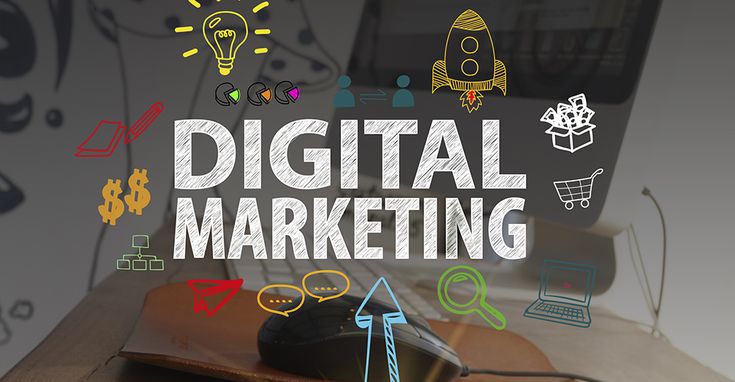In today’s connected world, consumers expect seamless and consistent experiences across multiple touchpoints and channels, and omnichannel marketing is emerging as a powerful strategy for businesses looking to meet these expectations and drive engagement and conversions. This blog explores the power of omnichannel marketing, its benefits and challenges, and best practices for implementing an effective omnichannel strategy in the digital age.
Omnichannel marketing is a strategy that focuses on delivering seamless and consistent experiences to users across multiple touchpoints and channels, such as websites, social media platforms, mobile apps, email, and offline stores. By integrating data, technology, and marketing efforts across these channels, businesses can create cohesive and personalized experiences that resonate with users and drive engagement and conversions in the digital landscape.
One of the key benefits of omnichannel marketing is its ability to meet consumers where they are and deliver relevant and timely messages and offers based on their individual preferences and behaviors. By leveraging data and insights from multiple channels, businesses can create a unified view of the customer journey and tailor their marketing efforts to meet users’ needs and expectations at every stage of the buying process.
Moreover, omnichannel marketing enables businesses to drive better results and ROI by optimizing marketing spend and resources across multiple channels and touchpoints. By analyzing performance metrics and attribution data from each channel, businesses can identify the most effective channels and tactics for reaching and engaging their target audience, optimizing their marketing mix for maximum impact and efficiency in the digital landscape.
Furthermore, omnichannel marketing enables businesses to build stronger relationships and loyalty with customers by delivering personalized and relevant experiences that resonate with users on a personal level. By leveraging data and insights from multiple channels, businesses can create targeted campaigns and offers that address users’ specific needs and preferences, driving engagement, satisfaction, and retention in the digital landscape.
Overall, omnichannel marketing is a powerful strategy for businesses looking to deliver seamless and consistent experiences to users across multiple touchpoints and channels in the digital age. By integrating data, technology, and marketing efforts across these channels, businesses can create personalized and relevant experiences that drive engagement, satisfaction, and conversions, ultimately driving growth and success in an increasingly connected world.





